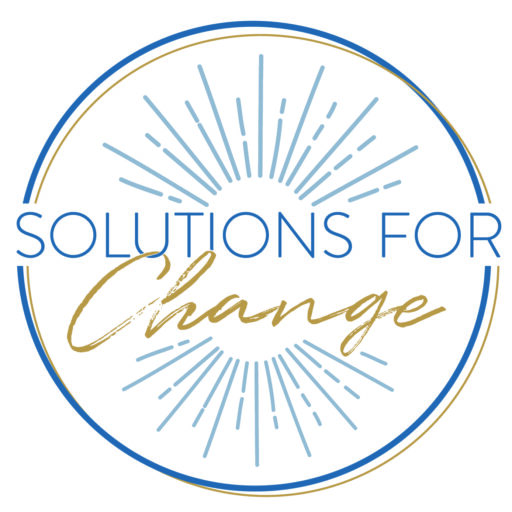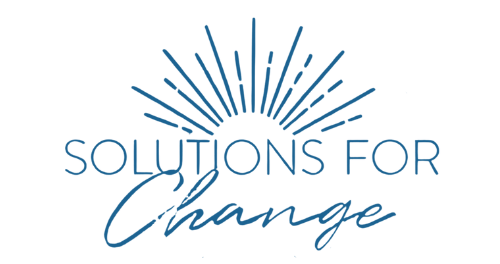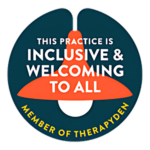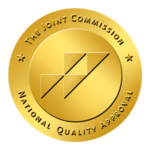Overdose Awareness: Shining a Light on a Silent Crisis
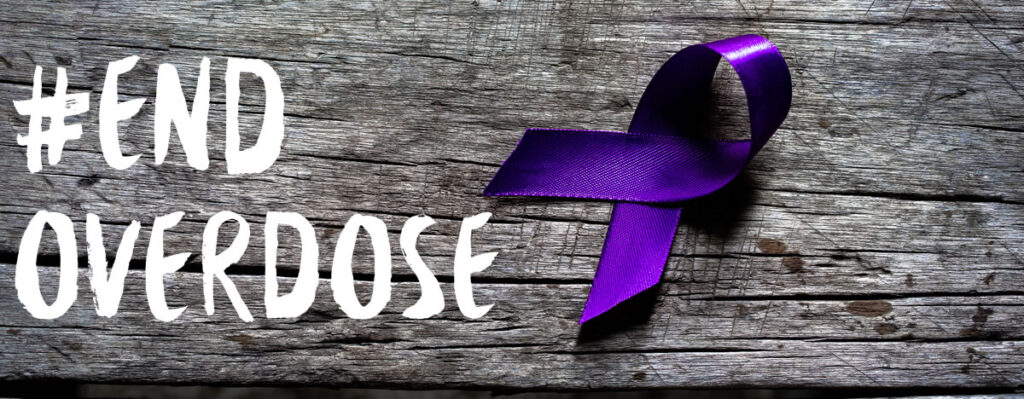
In today’s world, where countless individuals battle with addiction, the issue of overdose has become an alarming concern. Overdose awareness is not just an initiative; it’s a call to action, a plea to recognize the signs, advocate for change, and provide support to those in need. This blog aims to shed light on the importance of overdose awareness, its impact on communities, and the steps we can take to prevent this silent crisis from claiming more lives.
Understanding Overdose: A Hidden Epidemic
An overdose occurs when the body is overwhelmed by a toxic amount of a substance, whether it’s illicit drugs, prescription medications, or even alcohol. The consequences can be fatal, leaving behind shattered families and communities. Overdoses are often shrouded in stigma and silence, which makes it all the more crucial to raise awareness and create an open dialogue.
The Toll on Communities
The impact of overdoses reverberates throughout communities, affecting not only individuals battling addiction but also their loved ones, friends, and neighbors. Entire communities can suffer from the aftermath of an overdose, including strained healthcare systems, overburdened first responders, and increased crime rates. By promoting overdose awareness, we can break down the walls of isolation that surround this issue and work together to build stronger, healthier communities.
Raising Awareness: Why it Matters
Reducing Stigma: Overdose awareness campaigns play a vital role in reducing the stigma associated with addiction and overdose. When we openly discuss these topics, we create a safe space for individuals to seek help without fear of judgment.
Education: Knowledge is power, and by educating ourselves and others about the signs of overdose, we empower communities to recognize when someone is in danger. Prompt recognition can mean the difference between life and death.
Naloxone Distribution and Training: Naloxone, also known as Narcan, is a medication that can reverse the effects of an opioid overdose. Overdose awareness campaigns often include information on how to obtain and use naloxone, ensuring that those at risk and their loved ones are equipped to respond effectively.
Support Systems: Overdose awareness fosters the growth of support systems for individuals struggling with addiction. By knowing where to find help, we can guide those in need toward treatment and recovery options.
Prevention and Steps Forward
Accessible Treatment: Improving access to addiction treatment is essential. This involves expanding affordable and comprehensive treatment programs, providing mental health services, and offering harm reduction strategies.
Prescription Drug Monitoring: Strengthening prescription drug monitoring programs can help prevent the misuse of prescription medications, thereby reducing the risk of overdose.
Community Engagement: Engaging the community through workshops, seminars, and support groups can create a network of individuals committed to preventing overdoses and supporting recovery.
Advocacy and Policy Change: Advocacy efforts can drive policy changes that prioritize addiction treatment, mental health support, and harm reduction strategies. By lobbying for more resources and funding, we can make a significant impact on overdose prevention.
Overdose awareness is a beacon of hope in a landscape often overshadowed by despair. By shedding light on this silent crisis, we have the power to save lives, strengthen communities, and reshape the narrative around addiction. Together, we can break down the barriers of stigma, expand access to treatment, and create a world where overdose awareness is not just an initiative but a way of life – a life where everyone has the chance to heal and thrive.
For more information on Overdose Prevention please visit:
https://www.cdc.gov/drugoverdose/prevention/index.html
